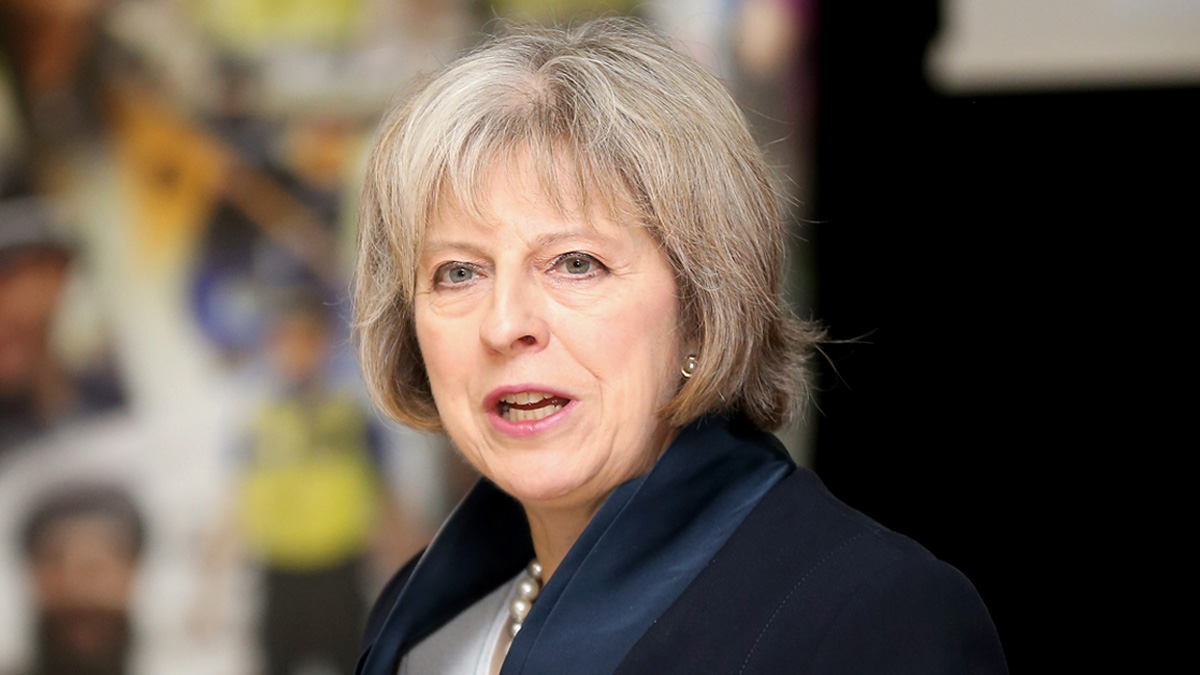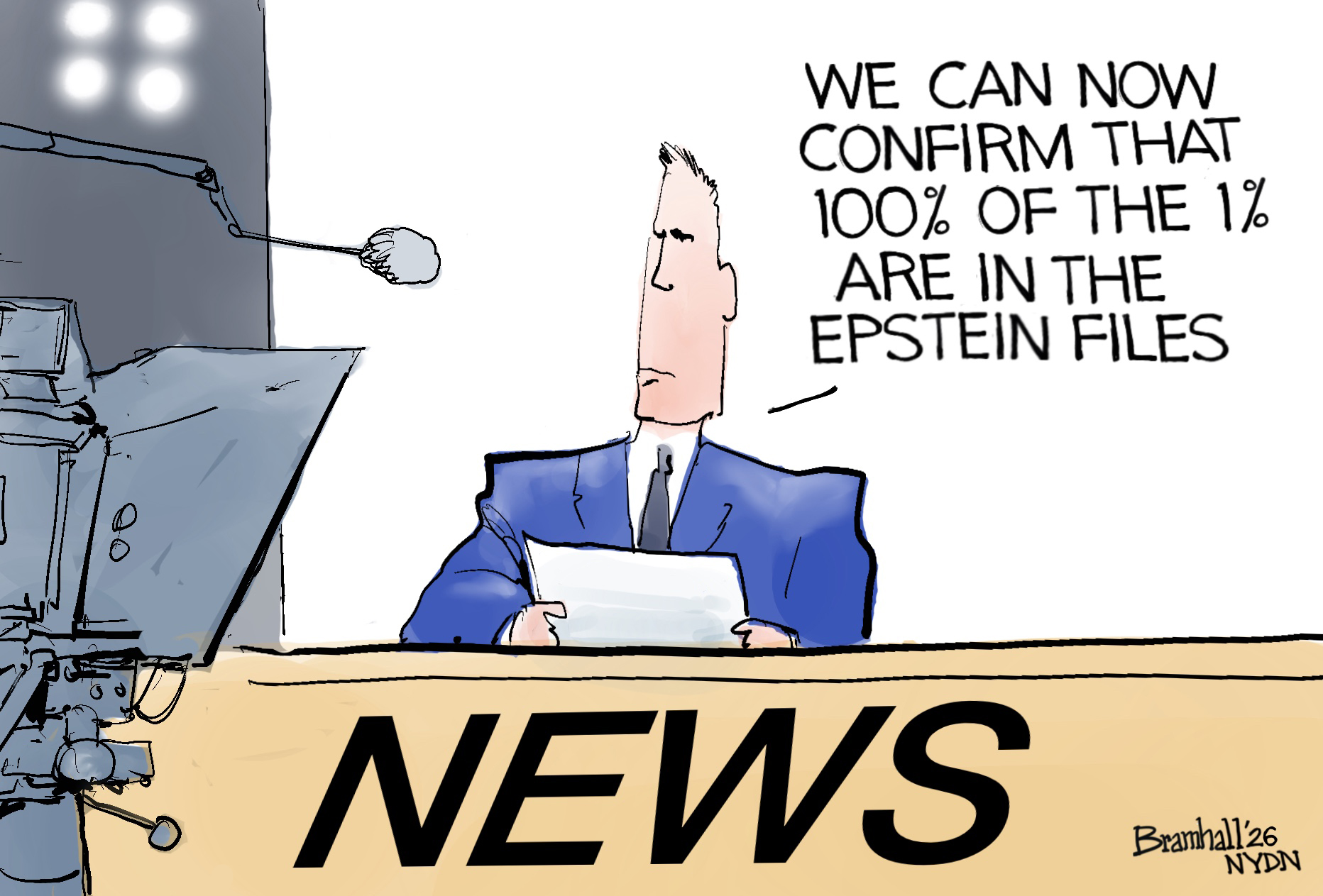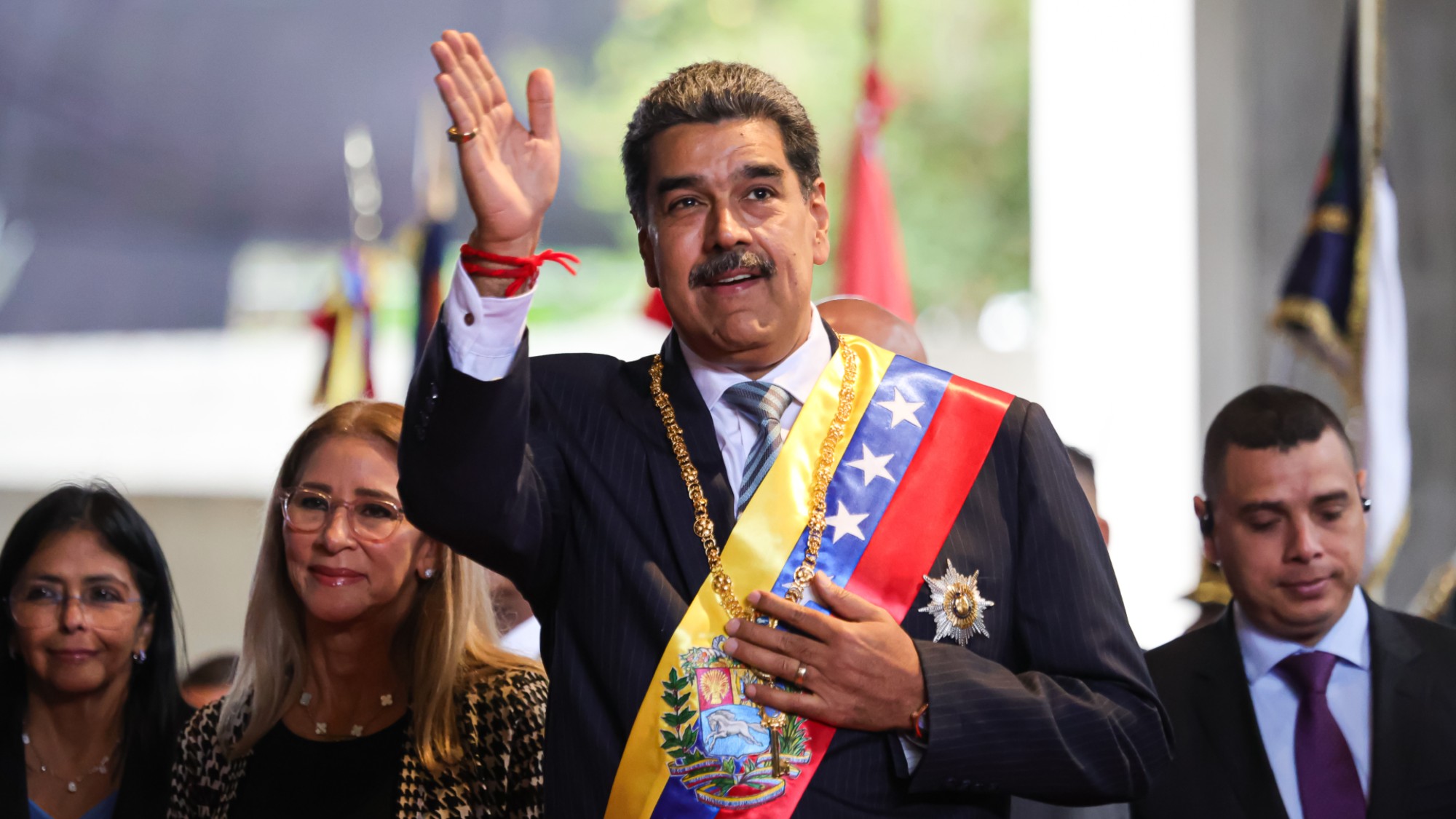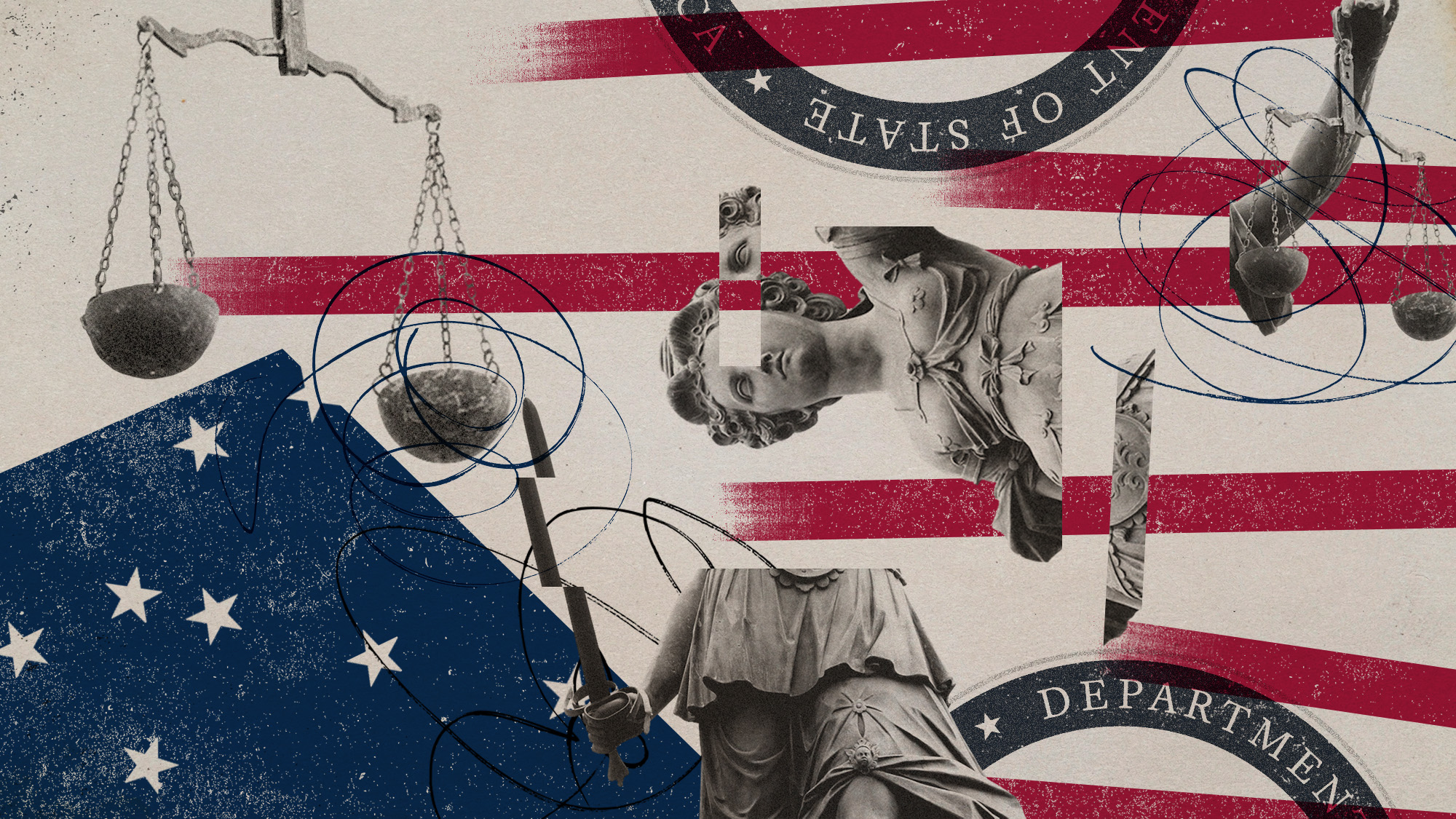European Convention of Human Rights: The pros and cons of leaving
Theresa May makes the case for full withdrawal, but critics say that would be a disaster

A free daily email with the biggest news stories of the day – and the best features from TheWeek.com
You are now subscribed
Your newsletter sign-up was successful
Home Secretary Theresa May has called for Britain to withdraw from the European Convention on Human Rights (ECHR) regardless of the outcome of the European Union referendum.
May, who is in favour of the UK remaining in the EU, said severing ties with Strasbourg would give British courts greater powers to deport foreign criminals.
"If we want to reform human rights laws in this country, it isn't the EU we should leave but the ECHR and the jurisdiction of its court," she told crowds in London yesterday.
The Week
Escape your echo chamber. Get the facts behind the news, plus analysis from multiple perspectives.

Sign up for The Week's Free Newsletters
From our morning news briefing to a weekly Good News Newsletter, get the best of The Week delivered directly to your inbox.
From our morning news briefing to a weekly Good News Newsletter, get the best of The Week delivered directly to your inbox.
This is in stark contrast to government plans, which involve replacing the Human Rights Act with a so-called British bill of rights, but not leaving the convention altogether.
One minister described May's intervention as extraordinary. "This is not government policy," he told the Daily Mail. "It's all about her positioning for the [Conservative] leadership."
Labour and human rights groups responded angrily to the Home Secretary's comments.
"What a backward step that would be. What a terrible message to send to the world," said shadow home secretary Andy Burnham, who vowed to fight the plans "all the way".
A free daily email with the biggest news stories of the day – and the best features from TheWeek.com
What is the ECHR?
The convention, which is separate from the EU, was adopted in 1950 in response to the horrors of the Second World War. It was primarily drafted by British lawyers to promote human rights, democracy and the rule of law across the continent and led to the establishment of the European Court of Human Rights.
It also served as the basis for the British Human Rights Act, which was introduced by Labour in 1998 and voted in with cross-party support. It protects 15 fundamental rights and freedoms, including the right to life, privacy and free speech.
Why do critics say we should leave?
Opponents often cite a controversial ruling on prisoner voting and the cases of clerics such as Abu Hamza and Abu Qatada, who were charged with terrorism offenses abroad but avoided extradition from the UK for long periods due to legal battles with the ECHR.
May argues the court "can bind the hands of parliament, adds nothing to our prosperity [and] makes us less secure by preventing the deportation of dangerous foreign nationals". She also says it "does nothing" to change the attitudes of governments in countries such as Russia when it comes to human rights.
Why do supporters say we should stay?
As with leaving the EU, an exit would be unprecedented and the outcome difficult to predict. However, lawyers and human rights campaigners believe the impacts would be severe.
"It is a testament to how much of an outlier the UK would become if it withdrew from the court's jurisdiction that we don't really know what the legal and political effects would be," says Adam Wagner, a barrister and the editor of UK Human Rights Blog.
He argues that cutting ties with Strasbourg would not stop the courts preventing the removal of foreign criminals. "The vast majority of human cases, including those involving immigration and extradition, are decided by our own courts," he said.
Liberty, the independent human rights group, argues that British courts are not required to "blindly" follow the judgments of the European court; they need only "take account" of them.
"[The convention] is the most successful system for the enforcement of human rights in the history of the world and every day it helps bring freedom, justice and the rule of law to 820 million people," Bella Sankey, the organisation's policy director, told the The Independent.
The former president of the ECHR, Judge Dean Spielmann, previously warned it would be a "political disaster" for the UK to leave the convention.
A comedy sketch produced by The Guardian, starring actor Patrick Stewart as the prime minister, also attempts to highlight some of the advantage of the ECHR. [[{"type":"media","view_mode":"content_original","fid":"94113","attributes":{"class":"media-image"}}]]
-
 Seahawks trounce Patriots in Super Bowl LX
Seahawks trounce Patriots in Super Bowl LXSpeed Read The Seattle Seahawks won their second Super Bowl against the New England Patriots
-
 Political cartoons for February 9
Political cartoons for February 9Cartoons Monday's political cartoons include 100% of the 1%, vanishing jobs, and Trump in the Twilight Zone
-
 Who is Starmer without McSweeney?
Who is Starmer without McSweeney?Today’s Big Question Now he has lost his ‘punch bag’ for Labour’s recent failings, the prime minister is in ‘full-blown survival mode’
-
 The high street: Britain’s next political battleground?
The high street: Britain’s next political battleground?In the Spotlight Mass closure of shops and influx of organised crime are fuelling voter anger, and offer an opening for Reform UK
-
 Nicolás Maduro: from bus driver to Venezuela’s president
Nicolás Maduro: from bus driver to Venezuela’s presidentIn the Spotlight Shock capture by US special forces comes after Maduro’s 12-year rule proved that ‘underestimating him was a mistake’
-
 Is a Reform-Tory pact becoming more likely?
Is a Reform-Tory pact becoming more likely?Today’s Big Question Nigel Farage’s party is ahead in the polls but still falls well short of a Commons majority, while Conservatives are still losing MPs to Reform
-
 Taking the low road: why the SNP is still standing strong
Taking the low road: why the SNP is still standing strongTalking Point Party is on track for a fifth consecutive victory in May’s Holyrood election, despite controversies and plummeting support
-
 Why has the State Department scaled down its stance on human rights?
Why has the State Department scaled down its stance on human rights?Today's Big Question The Trump administration has curtailed previous criticisms of human rights violations
-
 What difference will the 'historic' UK-Germany treaty make?
What difference will the 'historic' UK-Germany treaty make?Today's Big Question Europe's two biggest economies sign first treaty since WWII, underscoring 'triangle alliance' with France amid growing Russian threat and US distance
-
 Is the G7 still relevant?
Is the G7 still relevant?Talking Point Donald Trump's early departure cast a shadow over this week's meeting of the world's major democracies
-
 Angela Rayner: Labour's next leader?
Angela Rayner: Labour's next leader?Today's Big Question A leaked memo has sparked speculation that the deputy PM is positioning herself as the left-of-centre alternative to Keir Starmer